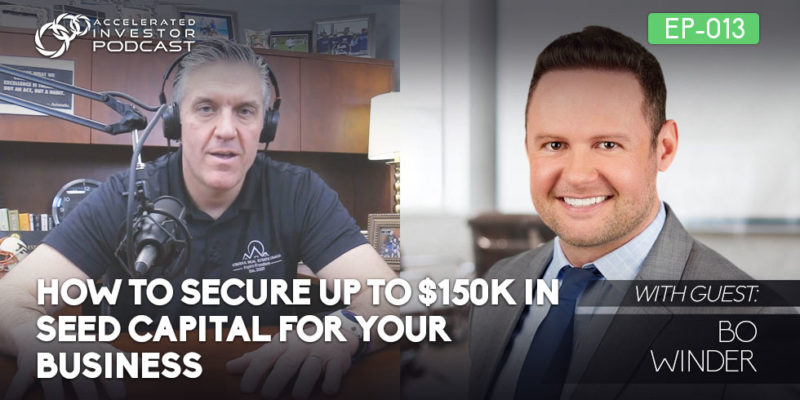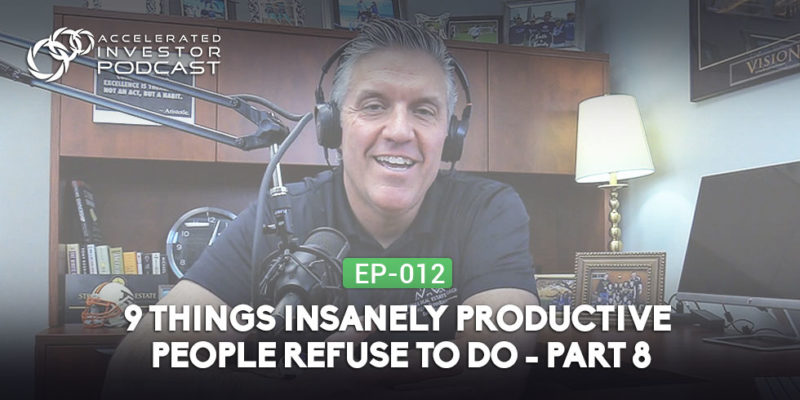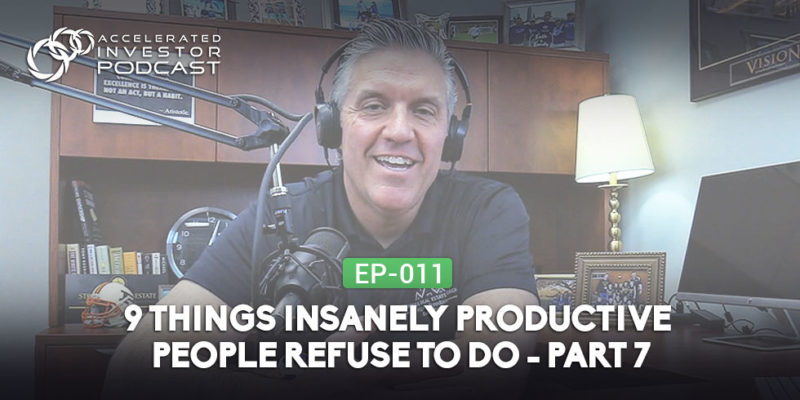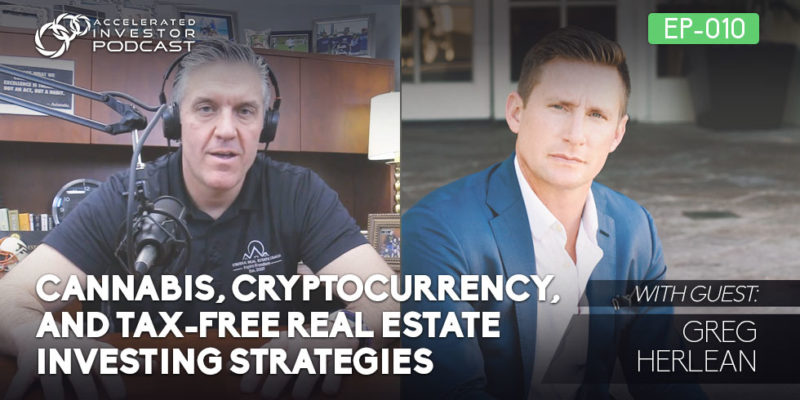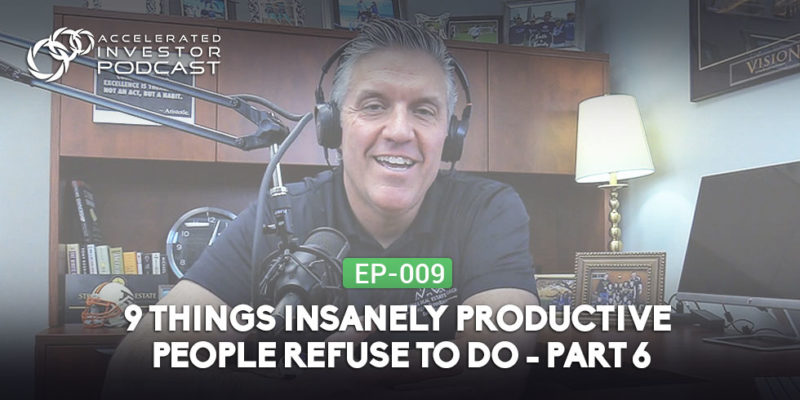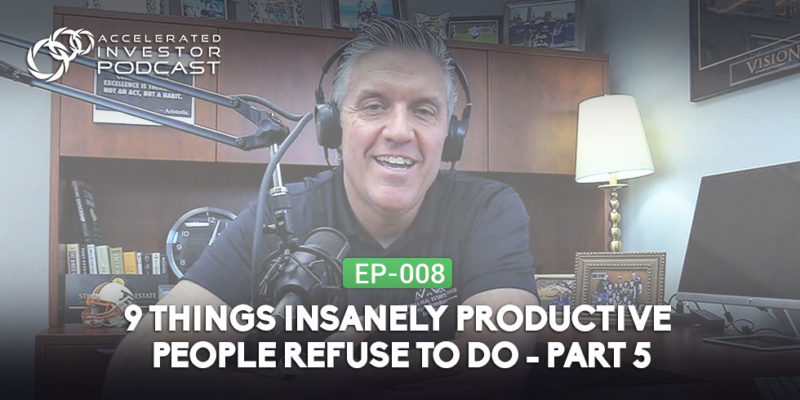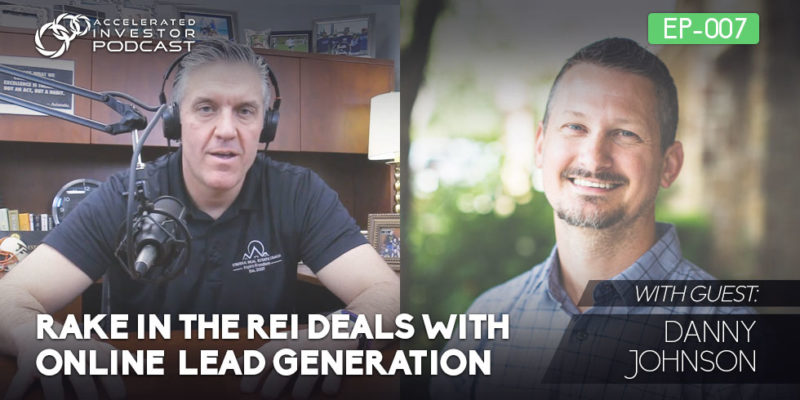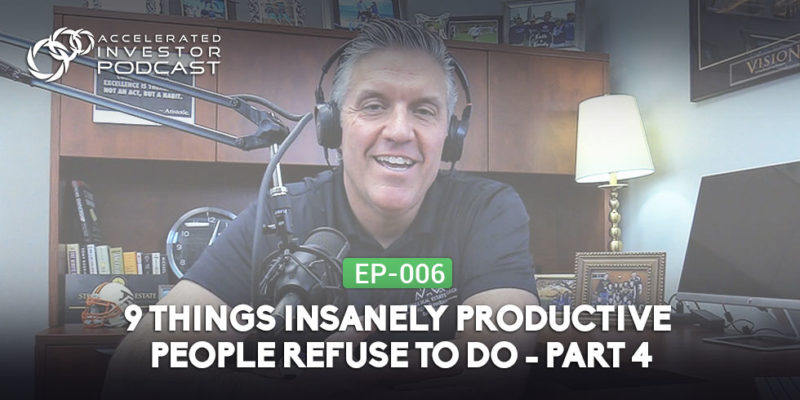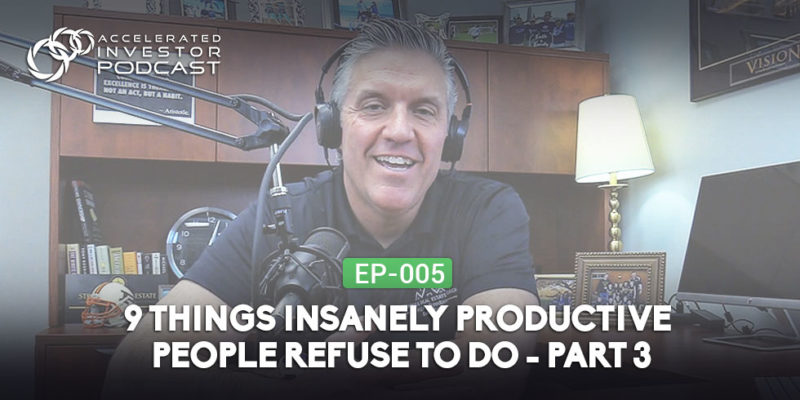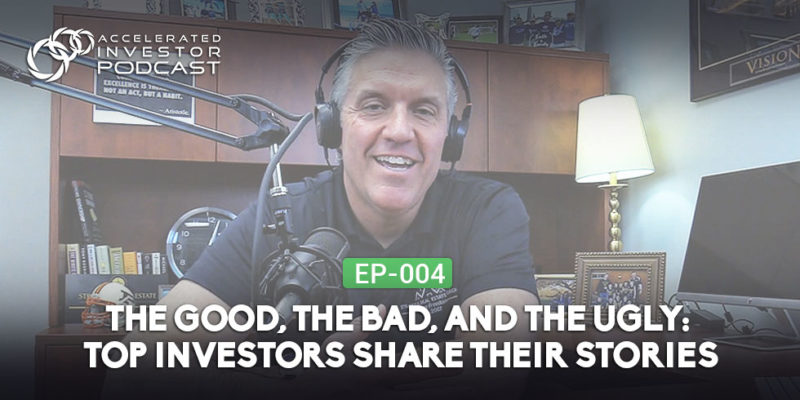#013: How to Secure Up to $150K in Seed Capital for Your Business
If you’re a real estate investor, small business owner, or entrepreneur who is starting your own company, it can be a challenge to find the right seed capital source to get yourself off to a strong financial start. Seed Capital could be the answer to your needs. This reputable company has provided startup capital for more than 30,000 clients.
Read More
